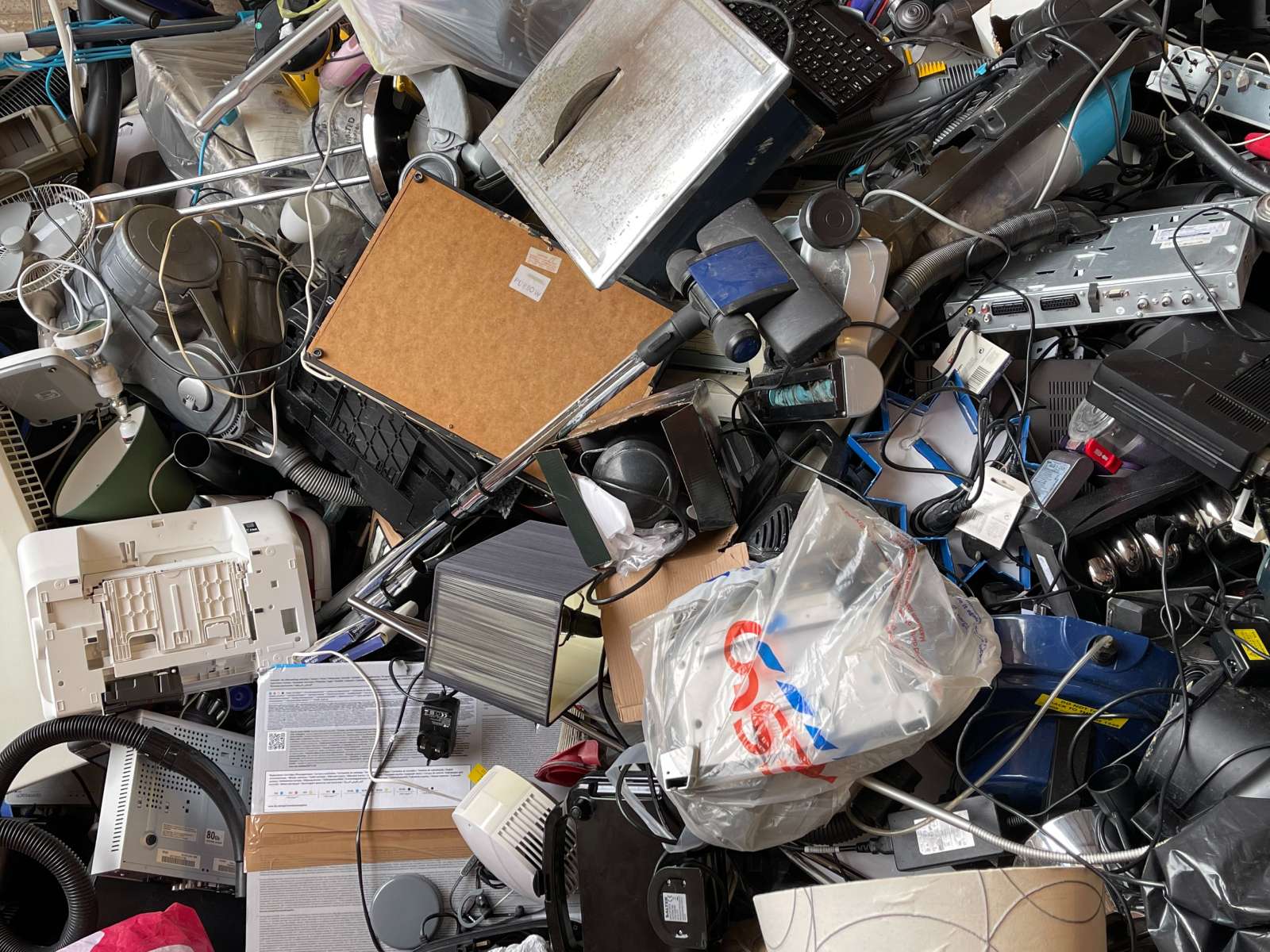In today’s fast-paced, technology-driven world, the consumption and disposal of electronic devices have become a significant global concern. The United Kingdom, like many other countries, faces the challenge of managing electronic waste or e-waste effectively. This article will explore the concept of a circular economy, which has been identified as a potential solution to the e-waste problem in the UK. We will discuss various strategies and initiatives that can be employed to encourage a circular economy and tackle e-waste more sustainably.
Table of Contents
The Growing E-waste Problem in the UK
Before diving into the solutions, it is essential to understand the magnitude of the e-waste problem in the United Kingdom:
- Every year, the UK generates over 1.5 million tonnes of e-waste, making it the second-largest e-waste producer in Europe, after Germany.
- On average, each person in the UK discards roughly 24.9 kg of e-waste per year, which is higher than the European Union (EU) average of 17.7 kg.
- Less than 20% of e-waste in the UK is recycled, with the majority ending up in landfills or being exported to developing countries, causing environmental and health issues.
Understanding the Circular Economy
A circular economy is an economic system that aims to eliminate waste and the continual use of resources. It is based on three key principles:
- Designing out waste and pollution
- Keeping products and materials in use
- Regenerating natural systems
By implementing a circular economy, we can tackle e-waste by reducing the demand for raw materials, extending the lifespan of electronic devices, and encouraging recycling and repurposing.
Strategies for Implementing a Circular Economy in the UK
To create a more sustainable and circular electronics industry in the United Kingdom, various strategies and initiatives can be employed:
1. Encourage Extended Producer Responsibility (EPR)
Extended Producer Responsibility (EPR) is a policy approach that holds manufacturers and importers responsible for the end-of-life management of their products. By implementing EPR in the UK, companies would be incentivised to design products that are easier to recycle, repair, and reuse, reducing the amount of e-waste generated in the first place.
2. Promote the Right to Repair Movement
The Right to Repair movement advocates for legislation that makes it easier for consumers to repair their electronic devices, rather than discarding them and purchasing new ones. By supporting this movement, the UK can prolong the lifespan of electronic devices and reduce the overall amount of e-waste generated.
3. Develop Infrastructure for E-waste Collection and Recycling
Investing in the development of efficient and accessible e-waste collection and recycling infrastructure is crucial for managing e-waste effectively. The UK can implement policies to incentivise the establishment of e-waste recycling facilities, ensuring that electronic waste is properly processed and valuable materials are recovered.
4. Foster a Culture of Reuse and Refurbishment
Encouraging a culture of reuse and refurbishment is essential for reducing the demand for new electronic devices. The UK can support initiatives that promote the refurbishment and resale of used electronics, providing consumers with more sustainable purchasing options and reducing the amount of e-waste generated.
5. Raise Public Awareness and Encourage Consumer Responsibility
Increasing public awareness and understanding of the e-waste problem is vital for driving change. By promoting consumer responsibility, the UK can encourage individuals to make more sustainable choices when purchasing and disposing of electronic devices.
Conclusion
The United Kingdom faces significant challenges in managing the growing issue of e-waste. Implementing circular economy strategies, such as Extended Producer Responsibility, the Right to Repair movement, and investing in recycling infrastructure, can help the UK tackle electronic waste more sustainably. By fostering a culture of reuse, refurbishment, and consumer responsibility, we can create a more environmentally-friendly electronics industry that benefits both the planet and the UK economy.

